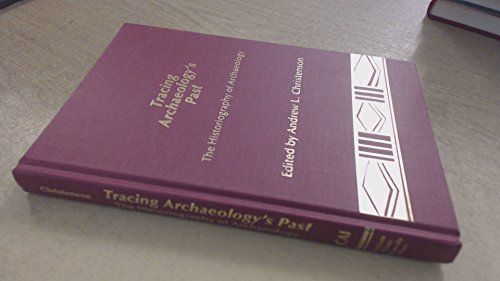
Tracing Archaeology's Past The Historiography of Archaeology
In 17 critical essays, the first book to address the historiography of archaeology evaluates how and why the history of archaeology is written. The emphasis in the first section is on how archaeologists use historical knowledge of their discipline. For example, it can help them to understand the origin of current archaeological ideas, to learn from past errors, and to apply past research to current questions. It can even be integrated into the new liberal arts curricula in an attempt to instruct students in critical thinking. The second section considers the sociopolitical context within which past archaeologists lived and worked and the contexts within which historians of archaeology write. The topics treated include the rise of capitalism and colonialism and the rise of "modern archaeology," the political contexts and changing form of the history of Mesoamerican archaeology, the decline to obscurity of once prominent archaeologists, and the institutional and ideological "fossilization" of American classical archaeology. The final section focuses on researching and presenting the history of archaeology. The authors discuss past archaeologists in light of their institutional affiliations, the use of historic methods to interpret past archaeological notes and collections, and the means of presenting the history of archaeology on videotape. The final paper offers a plan for documenting the many records (diaries, fieldnotes, correspondence, unpublished reports) in public and private hands that contain the history of archaeology.